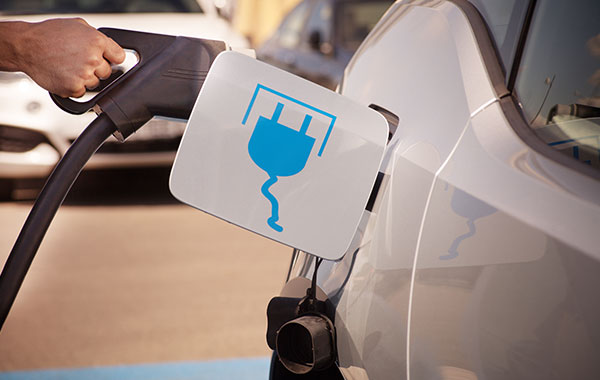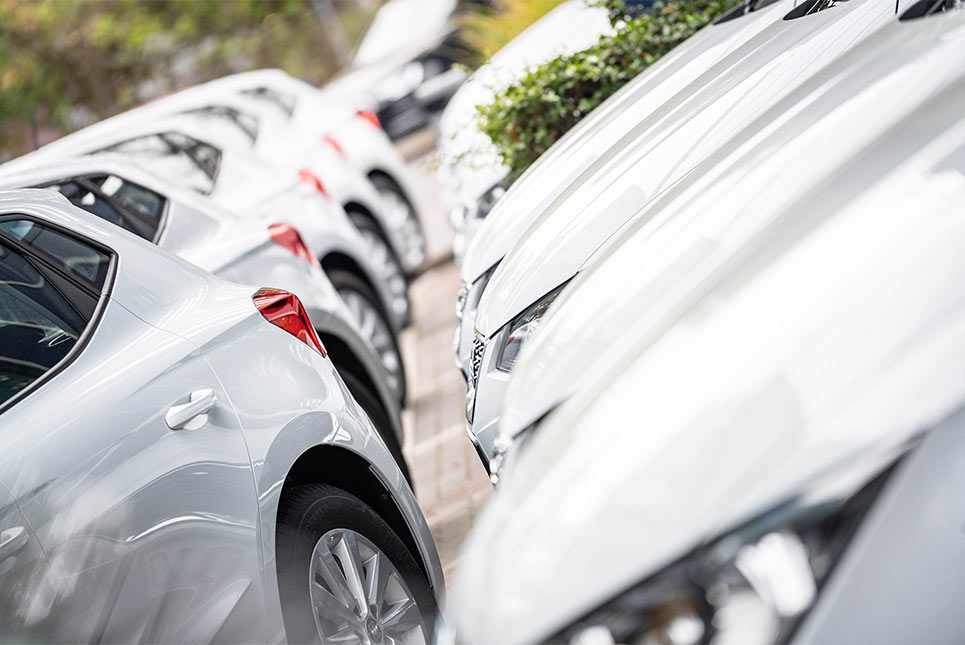The Federal Ministry of Transport and Digital Infrastructure has launched a new funding program for private charging infrastructure. Reinhard Zirpel, President of the Association of International Motor Vehicle Manufacturers (VDIK), said: “Electric mobility is booming. We expect around 280,000 new electric cars in Germany this year. The expansion of the charging infrastructure will thus become a decisive factor for the success of electric mobility. It must be possible to set up new charging points at a high pace. We therefore welcome the fact that the Federal Government is now also providing financial support for the establishment of private charging points”.
Only recently, the German Bundestag facilitated the installation of charging points in residential buildings. Whoever wants to create a charging point on his parking space no longer has to ask all co-owners for their consent in future. Through the new support program, tenants, homeowners and landlords can have the installation of private charging stations subsidized with 900 euros. This means that the creation of charging infrastructure in existing buildings will now be significantly promoted.
VDIK President Zirpel also emphasized: “Now it is important to set higher standards for new buildings as well. Especially for new buildings, there is great potential to create new charging infrastructure at relatively low cost. Germany should not only transpose the European specifications into national law on a one-to-one basis, but also take a much more ambitious approach.
Surveys of e-car buyers have shown that the ability to charge at home is a decisive prerequisite for the purchase of an electric car. This is because up to 85 percent of the charging processes of electric cars will take place at home or at work. In order to achieve the target of around 10 million electric cars in Germany by 2030, the automotive industry estimates that 8 to 11 million charging points will be needed in the private sector.





